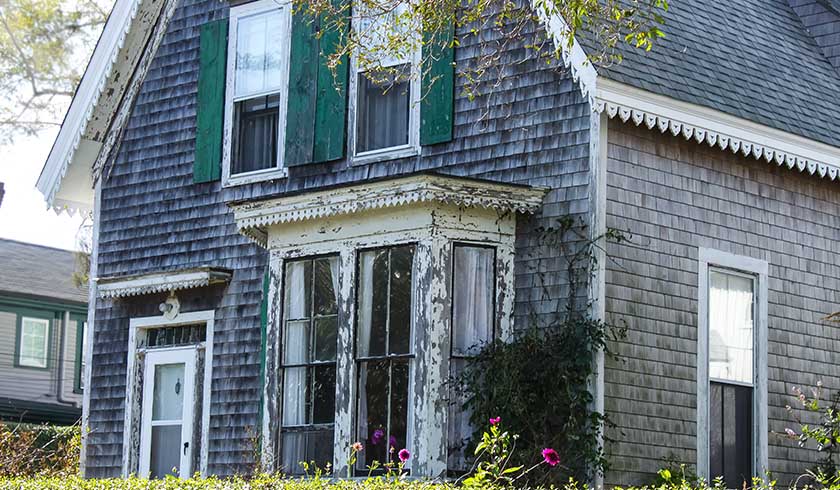How to ensure properties are asbestos-free

NSW’s Loose-fill Asbestos Insulation Register (LFAI) is in place in order to “provide safety, increased certainty and support to the community”, according to a statement from NSW Fair Trading.
“Loose-fill asbestos is crushed raw asbestos which was installed in the ceiling spaces of NSW residential properties in the 1960s and 1970s as insulation,” the statement read.
“If disturbed, fibres can become airborne. Asbestos fibres that are breathed in can pose a risk to health.”
The register works by notifying users of residential properties that contain loose-fill asbestos insulation.
“The address of a property will be added to the register once the presence of loose-fill asbestos insulation has been verified. For this to occur, the Home Building Regulation 2014 requires that a licensed asbestos assessor attends the premises and completes an investigation,” NSW Fair Trading said.
“A National Association of Testing Authorities (NATA) accredited laboratory must then confirm that a sample of material, removed from the premises in the course of the investigation, contains loose-fill asbestos insulation.
“NSW Fair Trading can also add a property’s address to the register if there is substantial evidence that loose-fill asbestos insulation is present. When a property is added to the register, only its address will be provided.”
When a local council issues a Planning Certificate under section 10.7 of the Environmental Planning and Assessment Act, it will disclose whether a property is listed on the register, NSW Fair Trading continued.
“As a section 10.7 certificate must be included in the Contract for Sale of Land and Premises, this will alert potential buyers that a property is affected by loose-fill asbestos insulation.
“Once the address of a property has been added to the register, the property must display a warning tag. More information can be found on the ‘Mandatory tagging’ page.”
But what happens if the site is now asbestos-free?
According to NSW Fair Trading, a property can be removed from the register “once the affected premises is demolished and the land remediation is confirmed by a clearance certificate”.
“A clearance certificate will confirm that no loose-fill asbestos insulation has been detected from within the footprint of the affected premises.
“Once a property has been removed from the register, it is no longer required to be tagged. Local council will be notified that the site has been remediated and that the section 10.7 planning certificate should no longer indicate that the property is on the register.”
‘Misrepresentation guidelines’
In addition, the government regularly maintains what it calls the ‘Misrepresentation guidelines’, which help real estate agents better understand their legal obligations around misrepresenting properties for sale.
“The legislation discussed in these guidelines contains provisions relating to misleading, false, deceptive or unconscionable conduct in relation to the property services industry,” according to NSW Fair Trading’s website.
“Section 18 of the Australian Consumer Law deals with the issue of misleading or deceptive conduct, and section 30 of the Australian Consumer Law deals with false or misleading representations about the sale of land. Section 52 of the Property, Stock and Business Agents Act 2002 covers misrepresentation by a licensee or registered person.
“The Property, Stock and Business Agents Regulation 2014 contains rules of conduct (both general and specific) for agent and certificate holders. Rule 3 of Schedule 1 of the regulation provides that an agent or certificate holder must act honestly, fairly and professionally with all parties involved in a property transaction. Failure to comply with the rules of conduct also attracts penalties, which from 1 March 2007, increased significantly.
“Agents and certificate holders should also take care to familiarise themselves with the requirements of the Australian Consumer Law in terms of misrepresentation, misleading, deceptive or unconscionable conduct.”

